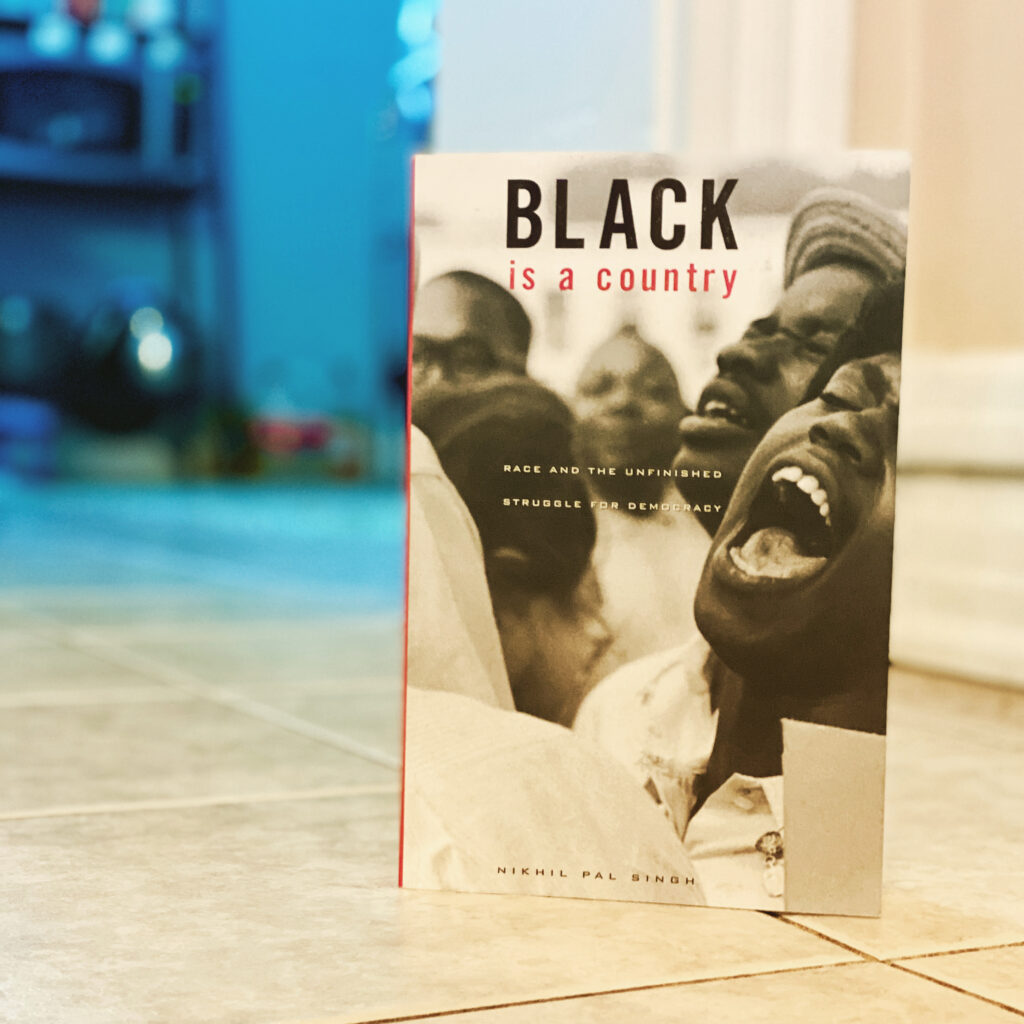
History. A reexamination of the Black civil rights movement in the US. The conventional narrative frames it as a struggle that took place from the mid-1950s to the mid-1960s and that involved pushing the US nation and state to more completely live up to the supposed high principles of its founding by admitting Black people to the rights of liberal-democratic citizenship. This isn’t wrong, exactly, though decades later it is often used as a cudgel by those committed to romanticizing America’s supposed greatness and exceptionalism and to denying the persistence of racism. This book argues that, first of all, it is more useful to examine Black struggles from the 1930s to the end of the 1960s – the “long civil rights movement.” And it points out that all throughout this period (and implicitly stretching to the present), there has been a tension between that struggle as nation-bound and organized around liberal-democratic rights and notions of freedom, and as internationalist and committed to reframing things like “freedom” and “justice” through Black experience in a way that would necessitate transformative change far beyond any individual nation-state and beyond any comfortable liberal categories. It traces this complex dynamic mostly through the work of prominent Black American intellectuals, writers, and activists – including their explorations of different ways of thinking the interrelatedness of class, race, and nation – as well as through important documents and government policy initiatives. Definitely interesting, and I think perhaps even more immediately politically relevant today than it was when it was published in 2004.
Originally posted by Scott on Goodreads.